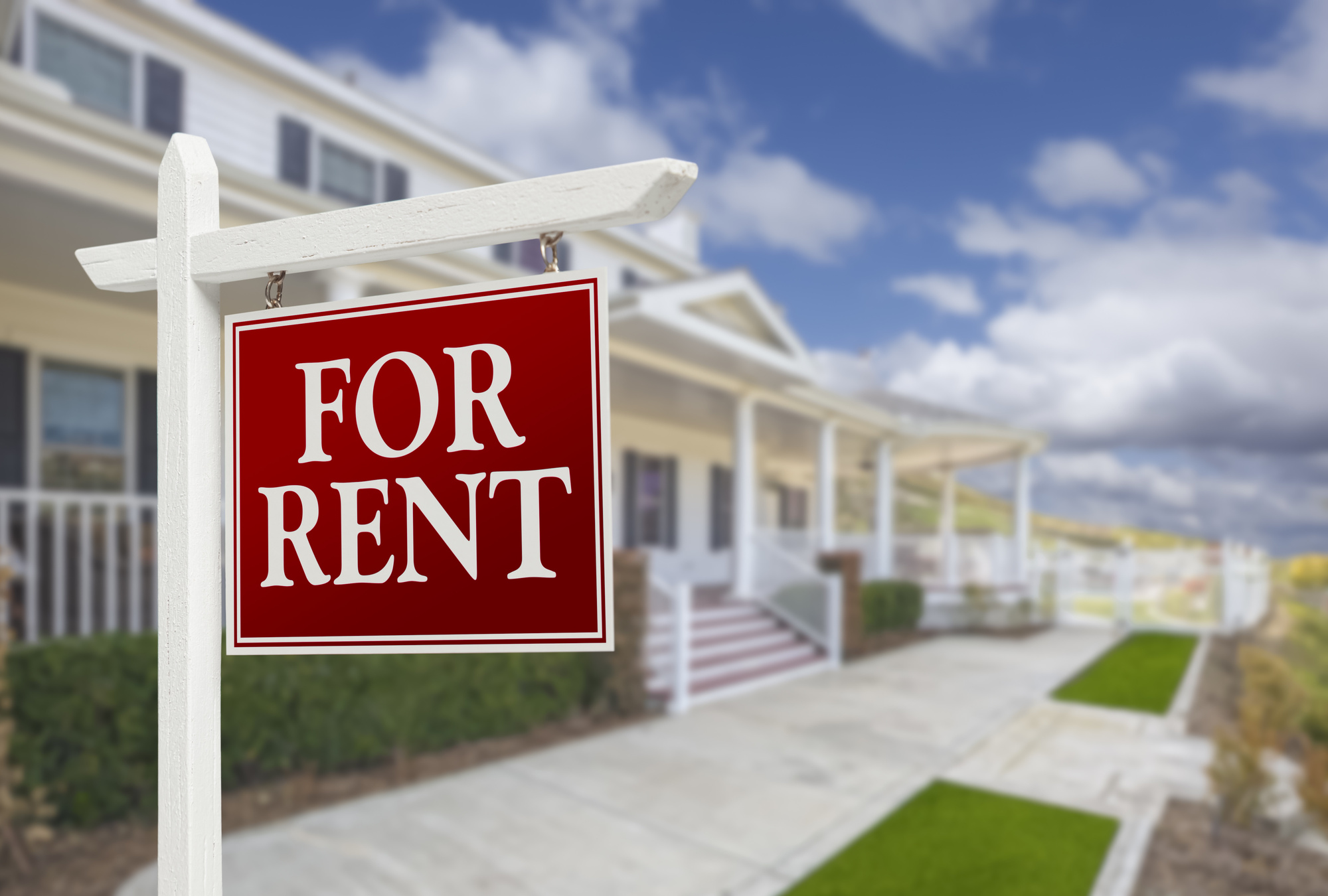Are you thinking about turning your house into a rental home? In America, 44.1 million households rent their homes.
Rental homes aren’t exclusively owned by property investors or landlords anymore. Growing homeowners are investing in repair and maintenance projects to improve property value. As a result, they make their homes more attractive to buyers.
Want to sell your house and make a profit? Turning your home into a rental one is an excellent alternative if you sell it and move. Read on to learn more.
Contents
1. Return on Your Investment
Turning your house into a rental home can be a great way to generate passive income and return on your investment. Unlike selling your home, turning it into a rental property can help pay off the mortgage and cover maintenance costs, taxes, and insurance, which can add up over time.
It also offers significant tax deductions and the potential for long-term wealth-building. Additionally, you can rent your property to various tenants, giving you a flexible and diverse income stream.
2. Generate a Steady Income
Investing in rental properties can be a profitable venture, and through careful management, you can more than recover the costs associated with purchasing and upkeep. You can generate a steady income from renting your house out and benefit from certain tax deductions related to investing in rental properties.
Additionally, you can capitalize on the changing real estate market and make upgrades to help maximize the property’s value. Finally, turning your house into a rental can provide you with additional peace of mind knowing that your home works for you instead of the other way around.
3. Legal Considerations
If you are considering turning your home into a rental home, there are a few legal considerations to remember. First, you must adhere to city and state rental laws, including obtaining a rental license, collecting a security deposit, and following all safety requirements.
Additionally, if you rent out multiple units, you must comply with fair housing laws, as they prevent you from renting to certain tenants who may be discriminated against.
4. Initial Startup Costs
Setting up your house as a rental property can be done with simple steps. An initial startup cost of around $2000 is all you need to get the ball rolling. The cost can vary depending on the type of housing and the municipal regulations in the area.
Inspect your current house and have it up to a habitable standard. Apply for permits and relevant insurance for the rental property. Consider creating a separate bank account and scheduling regular maintenance for the rental.
5. Evaluating Profitability
Making the change to a rental property can be a great way to generate extra income and pay off debt, but it is essential to do your research first. You are analyzing rental rates in the local market and researching the cost of renting or buying rental property management services.
Additionally, weigh the pros and cons of perceived tax benefits. Consider a passive income that can help your finances, and consider property management.
Understanding a Rental Home
Renting out your home can be a significant investment, with potential benefits such as a stable source of income, extended tax deductions, and free home improvements.
Making your home a rental property can be beneficial with the right strategy and hard work. As you consider the reasons to turn your house into a rental home, always take safety, legal, and financial precautions with the right strategy and hard work.
For more helpful tips, check out the rest of our blog today.



